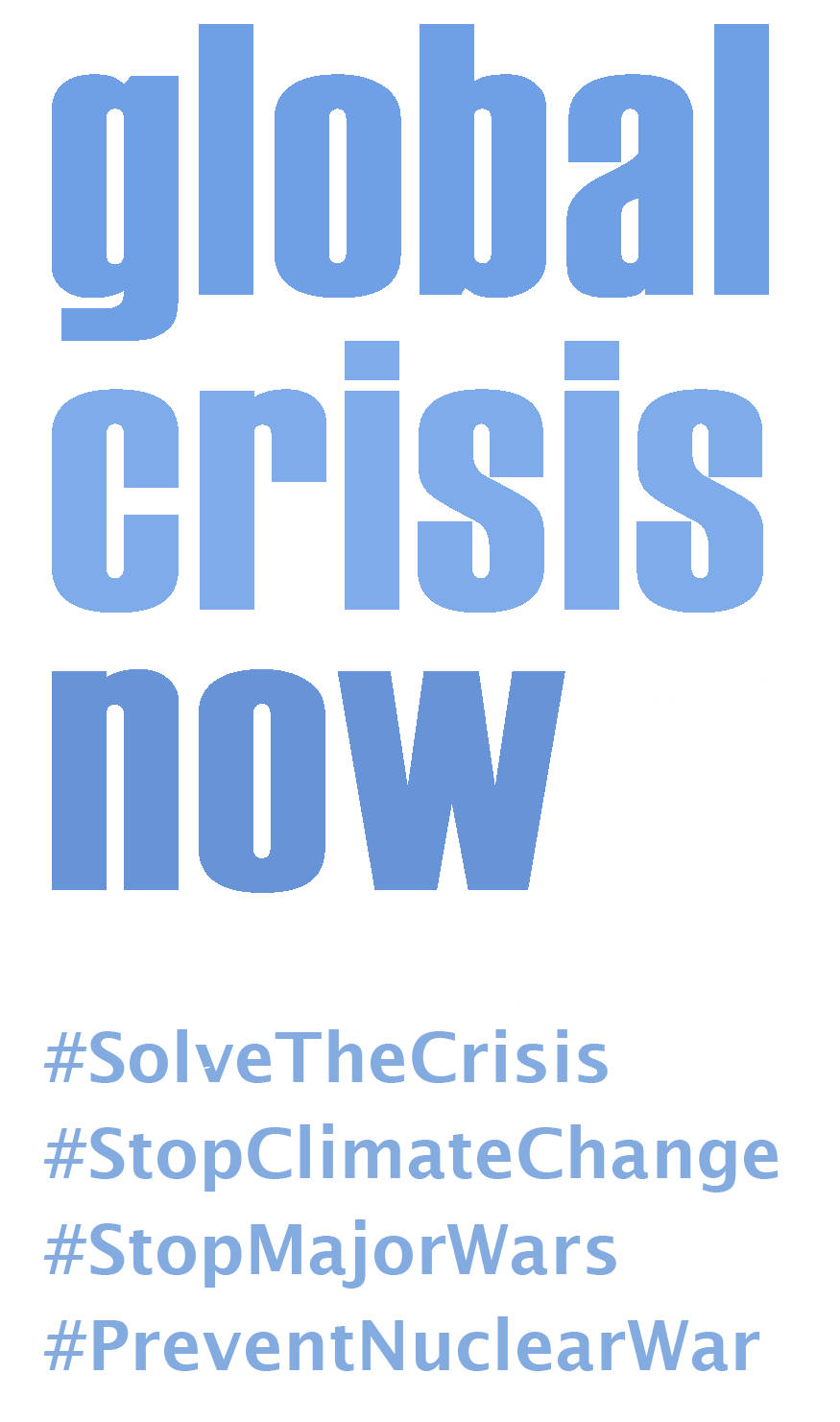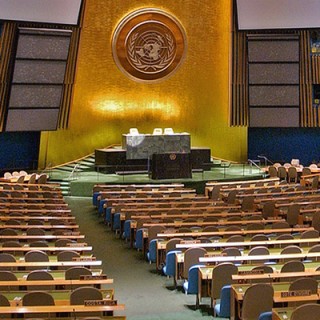










The United Nations may be the hope of the world when it comes to climate change, because it is where the diplomatic action is. It is where the climate talks are being held. These talks will hopefully, at some point, produce a new agreement to reduce greenhouse gas emissions. The agreement being worked on – and hoped for – is the result of a treaty – the United Nations Framework Convention on Climate Change – which was approved in Rio de Janeiro, Brazil, in 1992 and is meant to enable Member States of the United Nations to find a way to cooperatively and collectively limit global temperature increases and resulting climate change. This agreement will hopefully be finalized at the end of 2015 at COP 21 (Conference of the Parties to the Convention) in Paris. And although there is now some hope for this, there is also some room for skepticism as to the outcome of that meeting. Because since 1992, there have been many protocols, platforms, agreements, amendments, and accords, all resulting from this now-22 year process of trying to come to an agreement to significantly cut carbon emissions. Yet since 1992, and all the hope of the Rio Summit, the polar ice caps have begun disappearing, the oceans are warming, sea levels are rising, the developed world is producing much more CO2 than it once did, and methane stored for thousands of years may be released by melting ice, and could have a horrific consequence on the planet. All of this, in combination with the currently unstable world political situation, and all the things scientists do not yet know about climate change – and what could trigger a much worse spike in global temperatures – this all makes for the basis of some worry and concern for anyone who cares about the future of humanity – separate from the 192 Member States and their own nationalistic concerns.
The great strength of the United Nations is that it is an international organization with 192 Member States and it puts most interests of the world in the same room, to be discussed and negotiated between all nations, rich and poor, weak and strong. The strength of the UN – the strength of numbers – the number of countries which belong to it – is also its great weakness – particularly when it comes to carbon emissions. Because many of the Member States, particularly those more powerful Member States, each have their own national agenda and national interests – in the climate negotiations – and that is to protect what they believe their economic or political interests to be – even if those interests are unsustainable in the long term and will do more harm than good to their true national interests – their sustainability in the long term – and survivability – if pursued.
Voltaire, who wrote the words “men argue, nature acts” in the 18th century, some 300 years ago, now seems prophetic. For as the Member States of the United Nations have talked, nature has acted, on its own, without any regard for the concerns of the 192 Member States of the United Nations. And no power on Earth, super or otherwise will be able to stop nature’s work if the talks continue without real and significant agreement and action in December 2015 in Paris.
The UN Secretariat building in New York was recently renovated. What also needed renovation – a complete overhaul – is the thinking of the 192 Member States. Most of us seem to live in a world of the past – not realizing that the world we are living in now is on the edge of an apocalyptic future which will be the direct result of the global crisis that most of us seem unaware we are currently in, now.
The nations of the world do not seem to understand that Planet Earth has either already reached its capacity to sustain the seven billion people living on Earth at the current rate of resource use or will do so in the years or decades to come. For instance our economic models come from the past – when there were far fewer people in the world and less demand on the world’s resources, such as food, water, energy. Because most countries live in the past, they live by the paradigm of the past – unrestrained, quatititative economic growth. Even though environmental data tell us that Planet Earth might be be already beyond repair at least in some areas , most UN Member States value economic growth above anything else – because they believe in the old paradigm of growth and don’t want to see the world as it is now – in crisis – deep crisis – and most likely incapable of returning to the economic growth rates that were once possible with fewer people – but is now is gradually becoming ane impossibility and illusion.
Although some sectors of the world economy will and can experience economic growth in the future – particularly those sectors relating to renewable energy production – most of the current world economy will likely not r be able to recapture the growth rates of the past – because the planet will not sustain it. If we try to, we will overtax the ecosystem that sustains us – and it will at some point collapse – and world civilization and all hope for much better future for mankind will eventually collapse with it.
The first step in dealing with the global crisis is admitting there is a crisis – and then agreeing to significant emissions cuts starting in Paris in 2015.
The United Nations held a Climate Summit on September 23, 2014, which Secretary-General Ban Ki-moon said was intended to “mobilize political will for a universal and meaningful climate agreement next year in Paris; and second to generate ambitious steps to reduce greenhouse gas emissions and strengthen resilience”. Two days before the start of the meeting, in the streets of New York and all around the world, thousands and thousands of protestors gathered to put pressure on world leaders, who spoke at the summit, and pledged, together with business leaders who also spoke, to work together to fight climate change.

